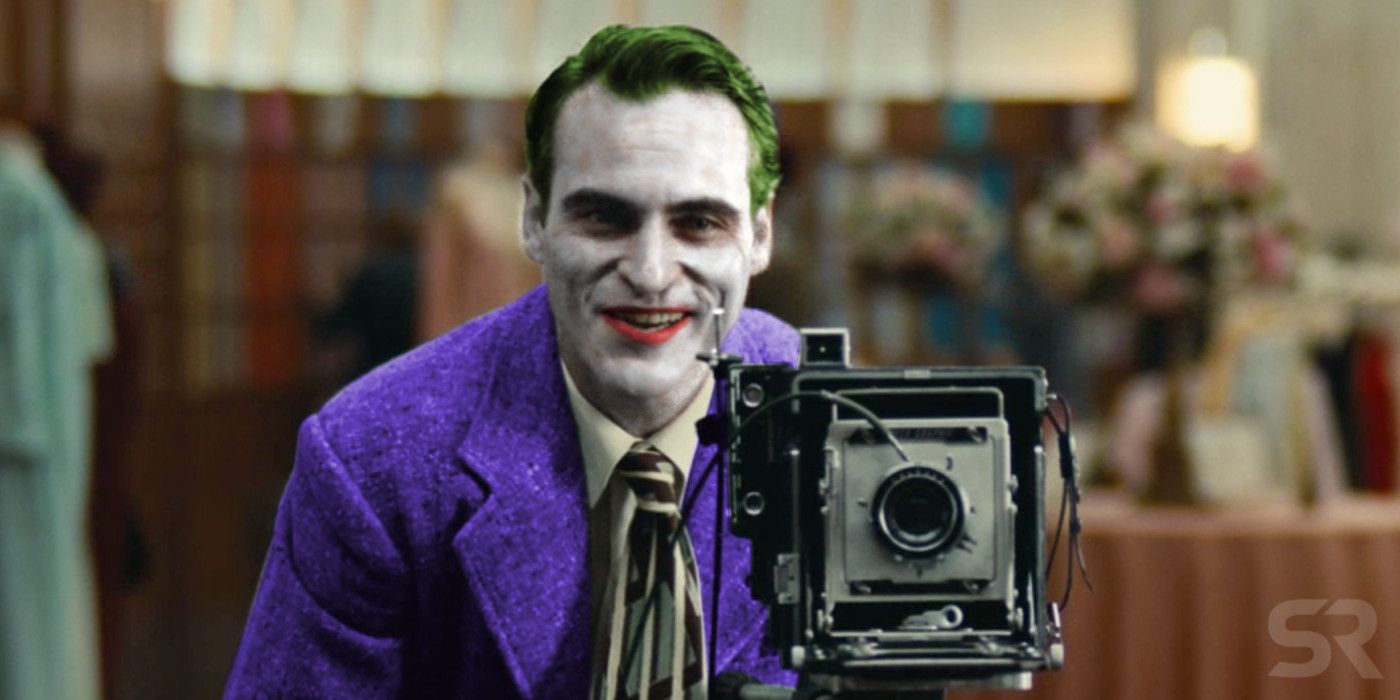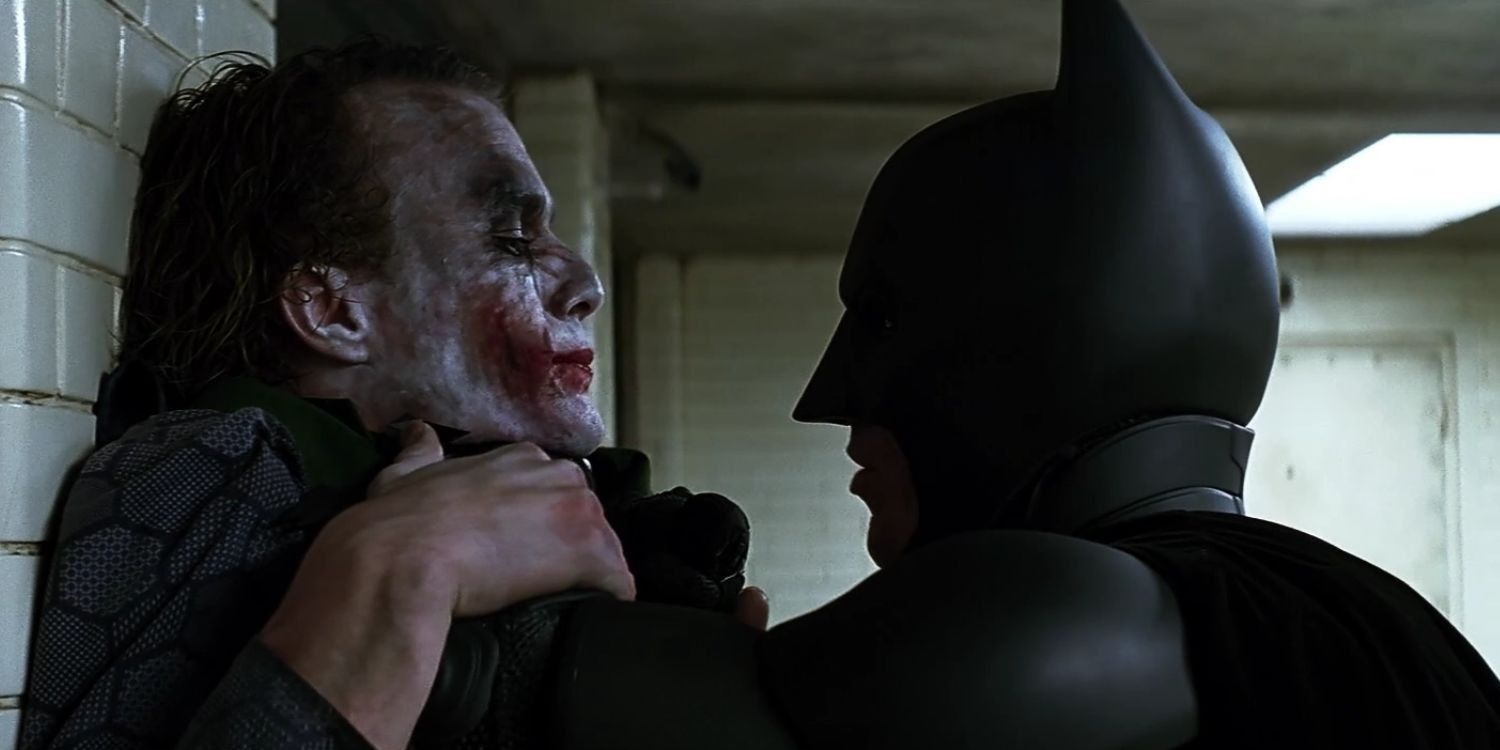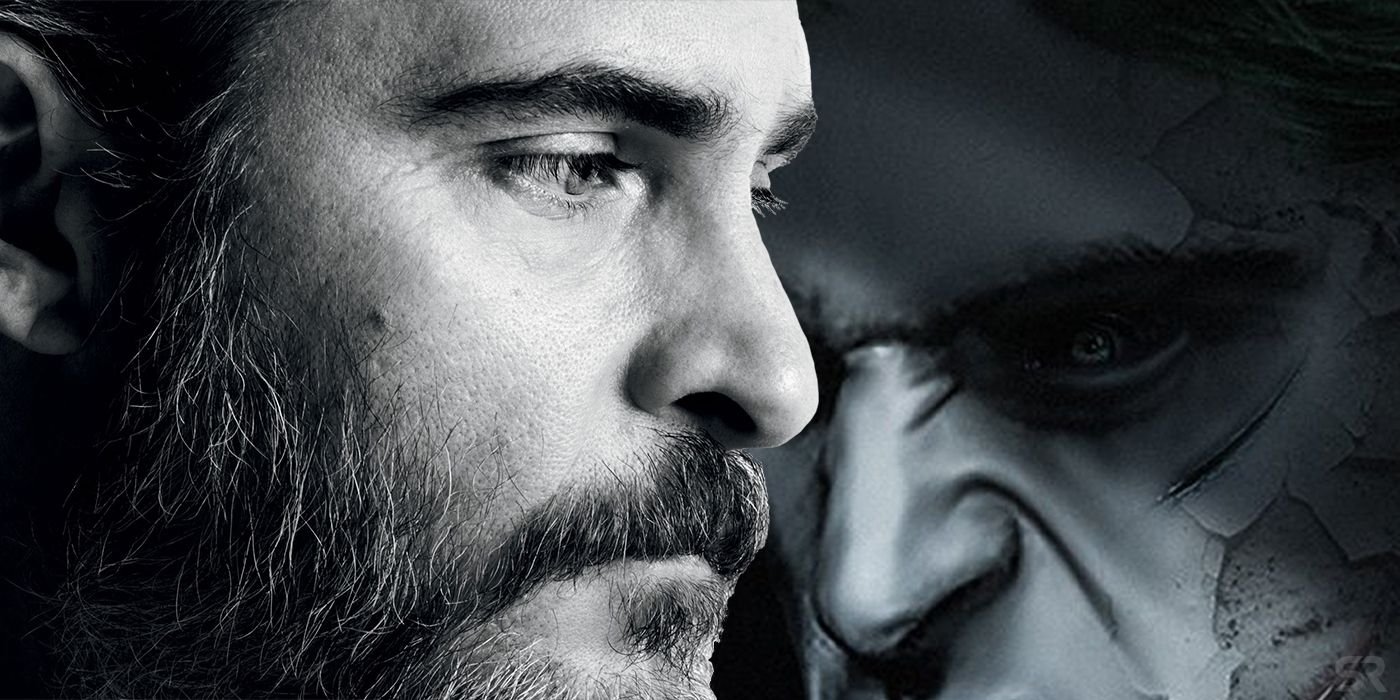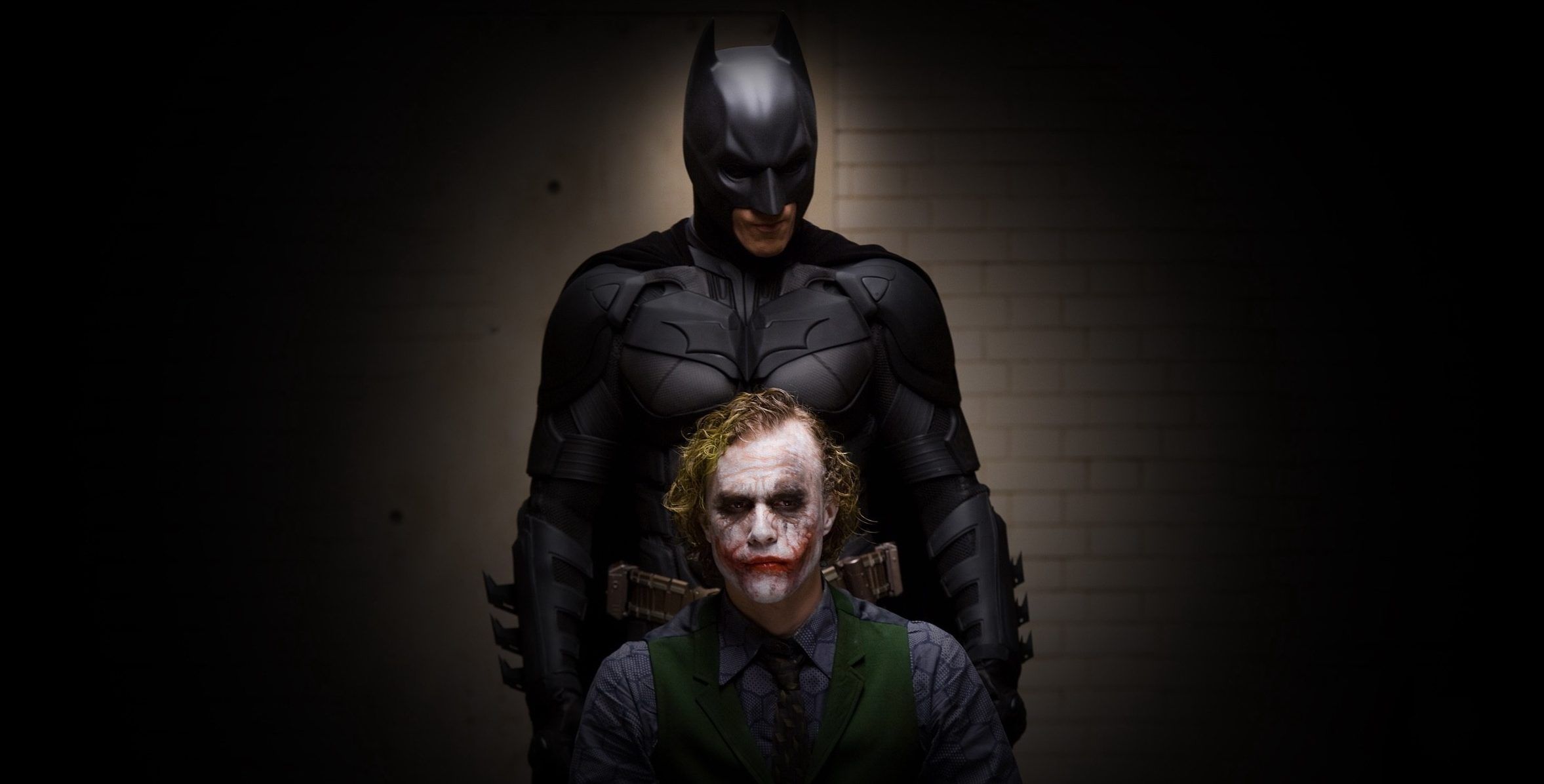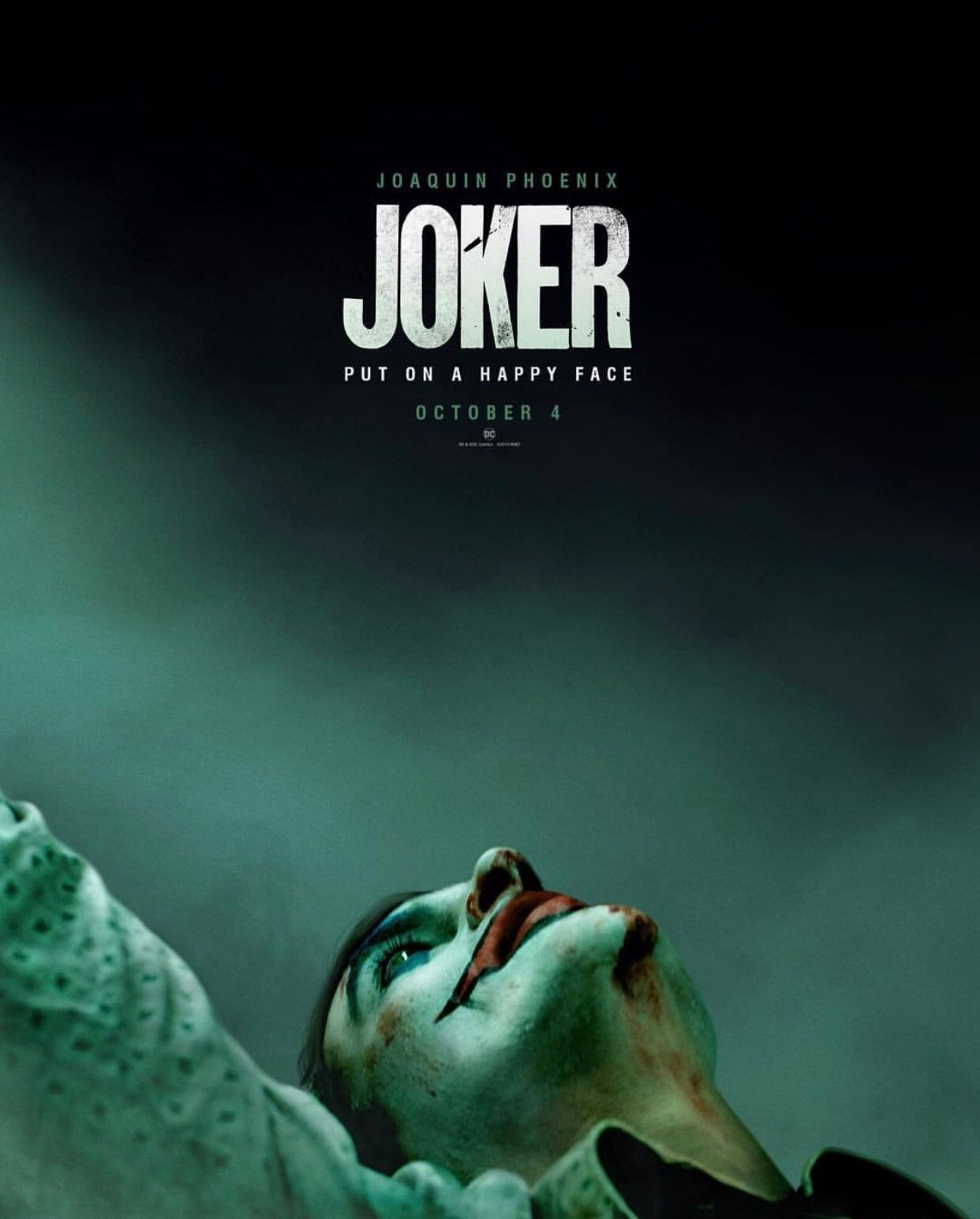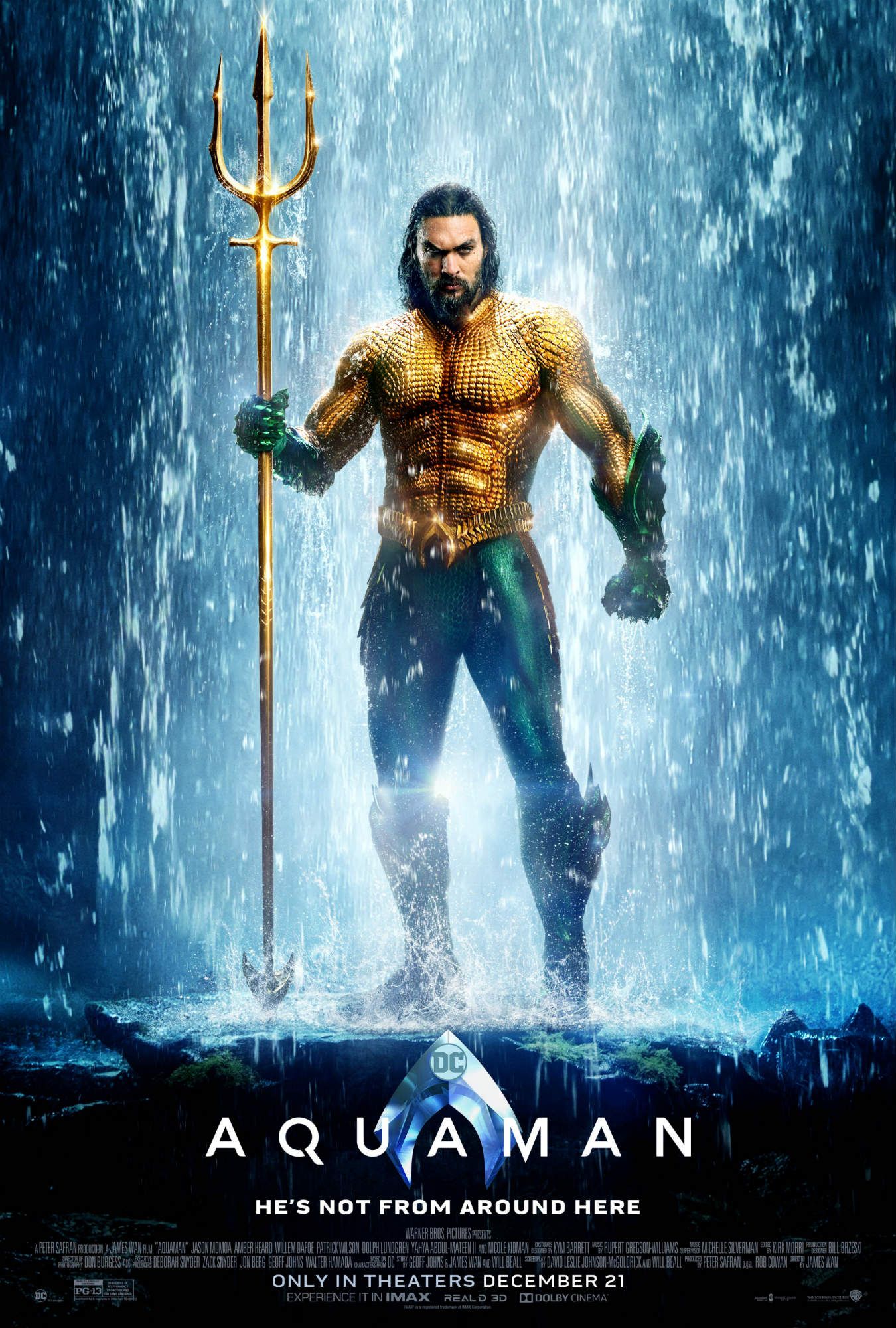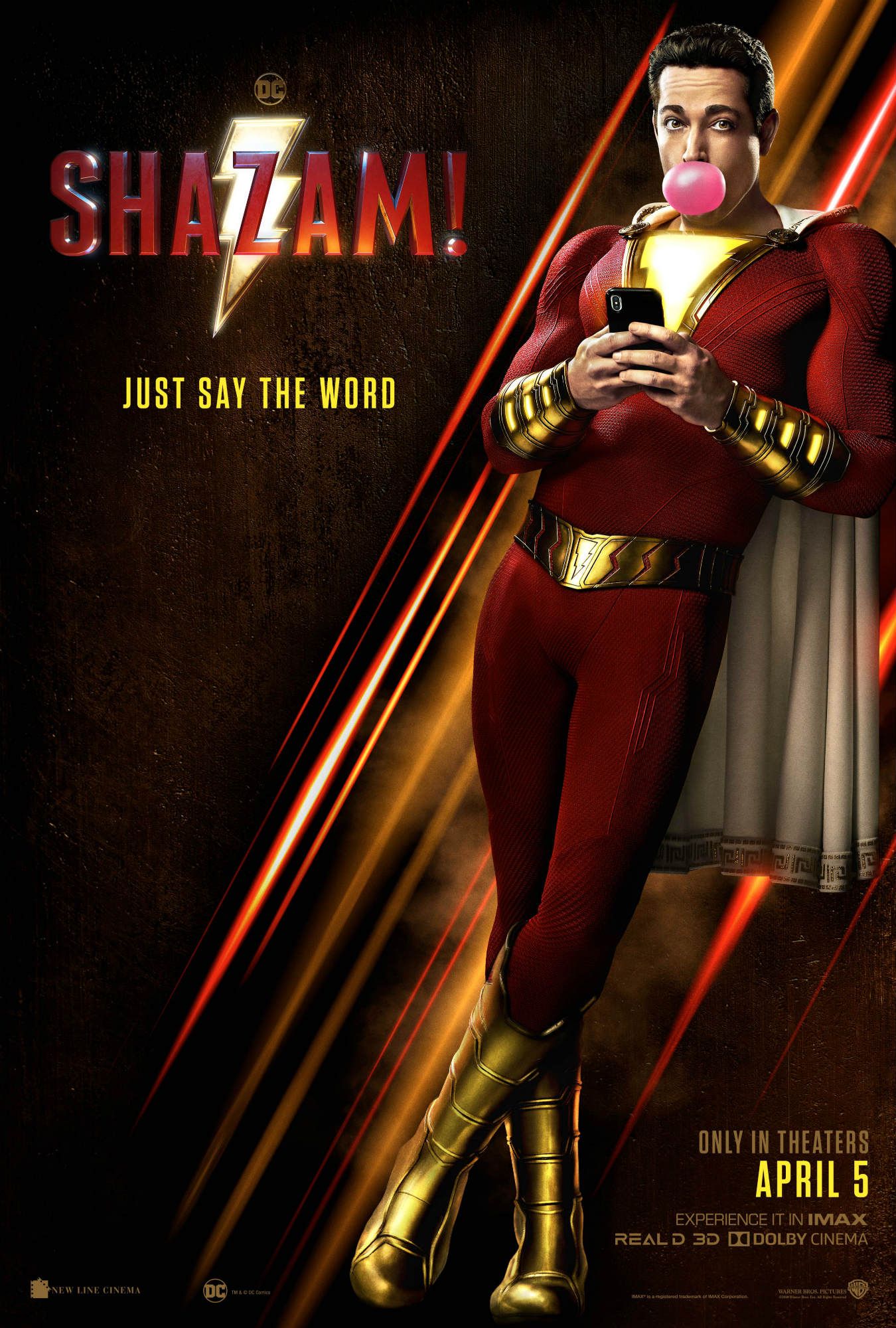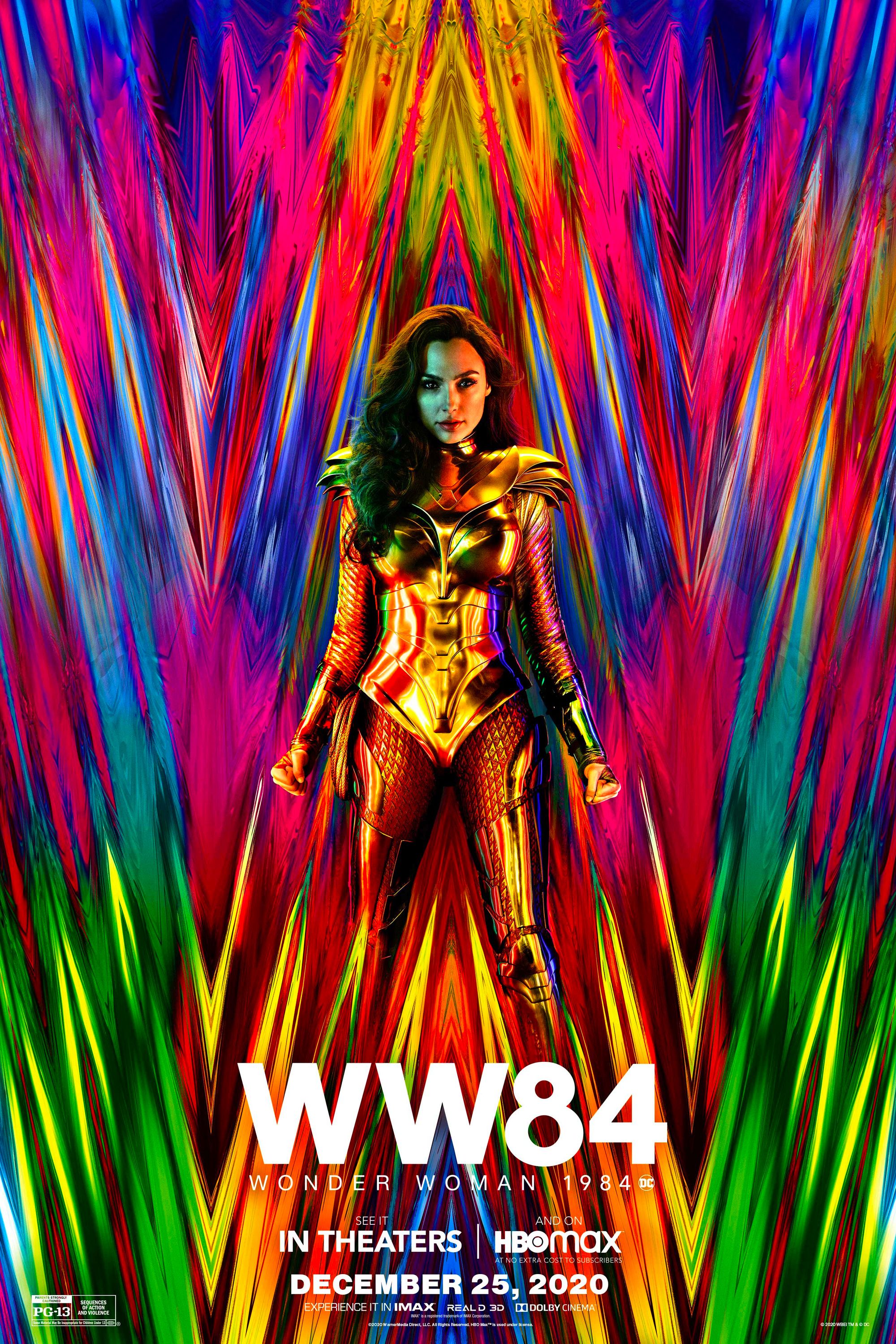As Joaquin Phoenix is confirmed to be the new Joker in a DCEU spin-off, Joker, set to take place outside the DCEU, the superhero movie genre is about to see a new type of comic book movie that takes a bold new step forward for the genre.
After months of speculation, it was finally confirmed that Oscar-nominated actor Joaquin Phoenix will be playing the Joker in Warner Bros. and DC’s planned spin-off origin story focusing on Batman’s greatest adversary. Todd Phillips of The Hangover trilogy will direct, and while rumors suggest the previously attached Martin Scorsese will no longer serve as producer, the film looks set to be a darker, more experimental approach to the superhero genre. Little is known about the project beyond gossip and conjecture – it is thought that the story will receive inspiration from a variety of sources, including Alan Moore’s The Killing Joke, and Martin Scorsese's Taxi Driver and The King of Comedy, with a story that takes place in the 1980s. Fan response to the project has been mixed, with some feeling that Jared Leto has not been given a fair shot at establishing himself as the DCEU canon Joker. Others have questioned the necessity of an origin story for the character, but overall, the casting of Phoenix has been very popular.
Related: Joker Origin Movie: Every Update You Need To Know
While DC fans wait for more news, conversations continue over what this film means not only for the DCEU but the ever-burgeoning superhero genre. Joker will be the first official spin-off film from the established DCEU. It will also be part of a new offshoot for the studio, titled either DC Black or DC Dark, which will focus on telling more adult-oriented takes on the canon. With a $55 million budget and much-promised R-rating, the Joker film will be a notable contrast from the all but accepted rules of modern superhero blockbuster film-making: Big budgets, PG-13 ratings, fun for all the family. There are exceptions, such as the wildly successful Logan and Deadpool films, but both DC and Marvel have heavily stuck to that familiar formula since superheroes became the structural foundations of modern Hollywood. It’s a system fans have gotten used to, which may be in part why this Joker film has raised so many eyebrows, even though it could be the next big evolution of the genre.
- This Page: The Joker Origin Movie Is Something Totally New
- Page 2: The Comic Book Genre Needs to Change
The Joker Origin Movie Is Something Totally New
Trying to adhere to the expanded universe formula of blockbuster film-making hasn’t been the most efficient or successful move for Warner Bros. and DC. While Marvel’s wildly ambitious plan has reaped many rewards, DC’s attempt to replicate it in a quicker fashion struggled to excite the audiences needed to help the films gain a profit. While the DCEU seems to be on safer tracks now, with positive buzz around upcoming projects like Wonder Woman 1984, Aquaman and Shazam!, it certainly doesn’t hurt to take a different path at the same time. Indeed, it could help establish the next phase of the genre for all of Hollywood.
Related: Theory: JOKER Origin Movie Based On 'Man Who Laughs'
The Joker film won’t connect to the wider DCEU, and the chances are it won’t even feature the character’s greatest nemesis. While this has been a topic of contention for some fans, it’s also something genuinely new and unexpected for this era of the superhero film. Sony is trying something similar with Venom, but that film is still more traditional in its approach and scale. It’s clearly trying to fit in with what Sony has already done with its Spider-Man films, by having a big budget, major effects work, and keeping it in canon. DC isn’t attempting that with this Joker film. It will be its own thing, a one and done drama utterly unconcerned with tying everything into a bigger picture. In an era where every blockbuster costs 9-figures and has to be part of an intricate universe, there’s something refreshing and necessary about this approach.
Page 2 of 2: The Comic Book Genre Needs to Change
Superheroes Are Hitting A Comic Book Wall
There are decades of comic book canon, multiple timelines, and variations on every character that any film-maker or producer working in the DCEU will have to deal with. Which version of Batman do you choose? How do you make that character definitively Batman but also unique enough to warrant their own film? Is it possible to do that without straying too far from whatever canon is at the heart of your franchise? The DCEU faced much criticism for its darker take on some of its heroes, even though those versions could already be found in various forms across the many years of comic book history.
Moreover, characters like Batman, Superman, and The Joker have become so embedded in the popular consciousness that even people who don’t watch comic book movies can recognize them. They are comparable to the great protagonists of the literary canon, such as Dracula and Sherlock Holmes, in that regard. The history of comic book cinema, as short as it is, has been built on the canon compliant notion that any and every iteration of these characters can exist alongside one another. Michael Keaton’s Batman is as canon as Val Kilmer’s is as canon as Christian Bale’s and so on.
Related: Every DC Villain Movie Warner Bros. is Developing
This is something we have seen less of in the current era of superhero cinema. Now that every film is part of an expanded universe and it must connect to a wider narrative spanning possibly dozens of films, audiences have become accustomed to there being one version of each character. There is one Captain America, as played by Chris Evans, and if anyone takes over the mantle, it won’t be that Steve Rogers. That presents many great storytelling opportunities and allows fans to build deep connections to the characters in ways we haven’t necessarily experienced with the old model of stopping once a trilogy is completed.
The ambition is undeniable, but through this model, superhero cinema has ignored one of the things that makes comic books so unique and interesting: The variety of timelines and options. What seemed so freeing as a creative path also has its inherent limitations. By shooting off with DC Dark/Black, Warner Bros. are getting back to the heart of the genre. There’s so much of the comic books left unexplored, but there’s also a lot of that creators can do with these characters independent of any canon, freeing them from the need to choose a "difinitive" depiction of well known characters.
Phoenix's Joker Takes Us Beyond the Expanded Universe Model
Phillips and Phoenix’s Joker film arguably has more in common with the superhero and comic book films that preceded the current expanded universe era than anything of the past decade: It’s happy to aim for a more adult audience, like the Blade trilogy; it’s eschewing the typical origin mold and finding its roots in the crime genre, akin to Tim Burton’s Batman; and it doesn’t exist to set up a slew of sequels. In that sense, this film could change the superhero movie game by bringing us full circle. The more things change, the more they stay the same.
Studios shouldn’t force themselves to be boxed in by one mold of franchise film-making, nor should they insist that every superhero film be part of a franchise. There’s something to be said for a stripped back approach: One-off films, lower budgets, bigger risks. The next phase of superhero cinema should have the room to explore the comics canon that’s more abrasive in style and less concerned with appealing to the biggest demographics. We see versions of these stories in television, from Gotham to Greg Berlanti’s CW universe, so why not bring it to the big screen in one or more iterations and serve more niche audiences than the typical blockbusters?
Related: Joker Solo Film Story Details & Possible 2019 Release
The DCEU tried to make its model one that harbored the talents of auteurs like Zack Snyder, David Ayer, and Petty Jenkins, as a way to differentiate itself from what Marvel was doing at the time. Yet it could be this Joker film and what follows will finally make that a reality. By offering a true alternative to not only Marvel but their own universe, DC can entice the kind of talent that normally wouldn’t want anything to do with a superhero blockbuster. The evolution of superhero cinema happens not only in form but in approach and business.
Superhero fatigue will eventually hit audiences, and it seems to have arrived for the DCEU earlier than everyone else. To avoid that taking root and throwing the entire franchise into disarray, Warner Bros. needs to evolve, and this seems like the perfect opportunity to do so. It’s something nobody else is doing right now and, if it works, every other studio may end up following in their trail. That's how the DCEU can find itself on surer ground in the coming years: By offering variety beyond their competition and their own boundaries. Whatever shape Phillips and Phoenix’s Joker film ends up taking, it’s a step forward that the medium could sorely use.

